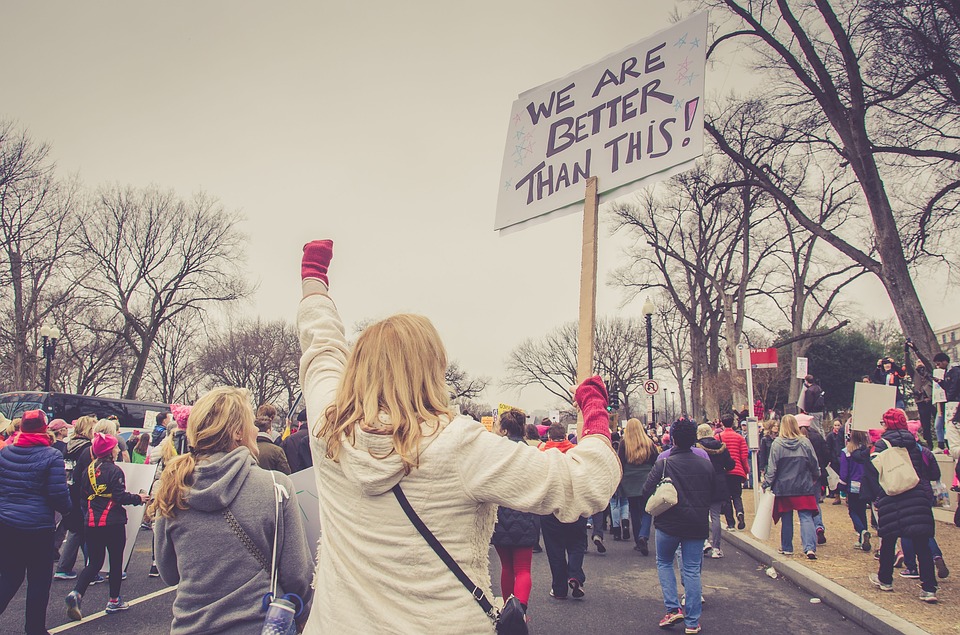
By Dr Scott Taylor
Professor in Leadership & Organisation Studies, Department of Management
Women were formally excluded from practising politics, and from participation by voting, until relatively recently.
As the UK Parliament rises today for its summer recess, there will some who hope that the break, along with the Conservative leadership drama, is enough to distract from ongoing ‘pestminster’ scandals. In recent months, we’ve heard about experiences on an almost weekly basis that point to a deep-rooted problem within Westminster in how women in particular find working there.
Misogyny is an emotive term, in its everyday sense (hatred of women) and in philosophy or social sciences, where it is increasingly carefully defined and empirically researched. Philosopher Kate Manne’s recent books Down Girl and Entitled both examine contemporary society to analyse the presence of misogyny. Many of Manne’s examples are drawn from recent US politics, where the previous President provided a steady stream of misogynistic language and behaviour. Many see similar behaviours and language in British politics.
Manne’s work is essential to understanding everyday misogyny because she moves us away from its simple definition as hatred of women. Instead, Manne argues, misogynistic acts and speech are designed to control women, especially women who challenge male dominance. In this respect, politics is a fascinating profession. Women were formally excluded from practising politics, and from participation by voting, until relatively recently. Progress towards equality of gender representation (that is, the cohort of MPs reflecting the make-up of our society) was painfully slow until the Labour Party introduced all-women shortlists in the 1990s. This single change, described in detail in Harriet Harman’s recent autobiography, significantly changed the demographic of parliaments from 1997 on as more women gained access to candidate status.
However, numbers tell only one part of the story. Harman’s book, and many others written by politicians and social researchers who study the British parliament, make clear that the physical presence of more women does not inevitably make the workplace or profession a good place to be for them. The sense of being unwelcome is most visible in working patterns that make life outside work difficult to impossible – late nights, weekends working, the requirement to be resident in a constituency and in London.
However there is also a less visible, less easily addressed sense of misogyny in professions like politics – what is often called the ‘culture problem’. A culture of misogyny can be identified in many ways – lack of provision of spaces dedicated to women, for example, exclusion from influential conversations, or sexist comments related to body and clothing.
So perhaps the question of whether politics is a misogynistic profession, in the sense of hating women, is the wrong one. Politics has shown us very clearly in recent years how misogyny can operate as a means of marginalising women, of making women feel uncomfortable and unwelcome, of accepting sexist language and behaviours. Parliament happens to be more public than most workplaces, but it is no different to any other in important ways. The important task is how we find and encourage workplaces where challenging misogyny is the norm.
The views and opinions expressed in this article are those of the author and do not necessarily reflect the official policy or position of the University of Birmingham.
